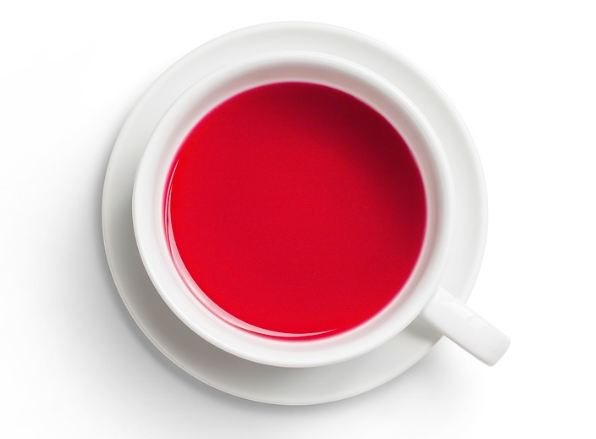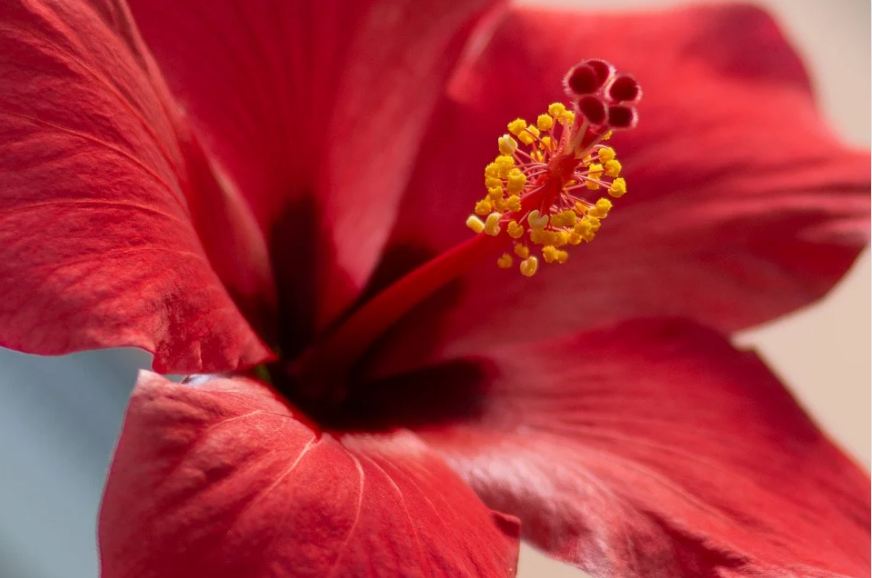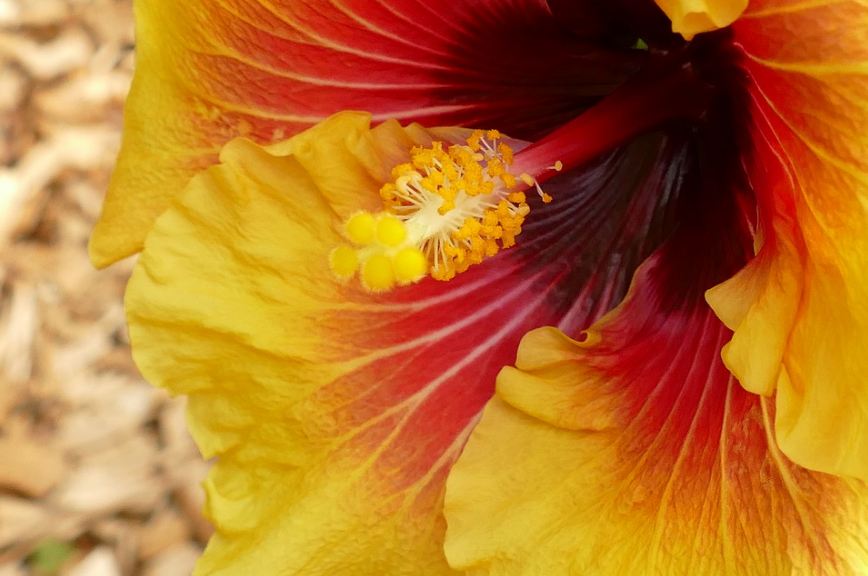Hibiscus, also known as rosemallow, is famous for its radiant, bright flowers. Perfect for adorning your garden as ornamental addition, they are beautiful plants to plant and maintain. With a range of different sizes and colors, these vibrant flowers add to the beauty of gardens. The most popular species have peach, red, white, and yellow colors. The most popular of this assortment is the red flowers.
However, these blossoms are more than just embellishments. They are a popular ingredient in many beverages, amongst which the most popular is the Hibiscus tea and oil. Many use these oils and tea for their multiple benefits, including dietary enhancements and medical illnesses.
Let us have a look at hibiscus tea and oils in detail and why you should use them!
What is Hibiscus Tea?

While many people consume it just for the taste, this tea is more than just about it! It is profoundly nutritious, with multiple medical advantages connected to it. Research indicates that it can help reduce weight and cure many bacterial and viral illnesses. The following are some of the many benefits of this tea:
Antioxidant Properties
Hibiscus tea has powerful natural antioxidants that prevent damage to cells. Many studies prove that Hibiscus consumption increases the number of oxidants in the body. Parts of Hibiscus, especially its leaves, have high levels of it.
Reduces Blood Pressure
The most notable advantage of Hibiscus tea is that it helps reduce circulatory strain, lowering blood pressure levels. High levels of blood pressure, known as hypertension, cause the heart to debilitate and result in coronary illnesses. Researchers have discovered that Hibiscus tea may bring down both systolic and diastolic pulse.
Hence, many people consume it as a natural supplement to lower their blood pressure. However, do not consume it without a doctor’s recommendation, as it may negatively interact with prescribed diuretics.
Aids Weight loss
Hibiscus tea aids weight loss by reducing body fat. Increased weight can cause obesity leading to multiple medical conditions. Diabetic and metabolic disorder patients consume it as well to reduce blood fat. It helps them build on good cholesterol and lower bad cholesterol levels.
Liver health
The importance of your liver in the human body can not be undermined. Your liver does everything from processing fat to making proteins. Many use hibiscus tea to enhance the general health of your liver and to keep it running smoothly. It reduces blood fat that often accumulates in the liver, leading to liver failure. It also increases drug-detoxifying enzymes in the liver.
Bacterial Infection
Researchers have found that Hibiscus extracts can inhibit many bacterias including E. coli.
Hibiscus tea is generally safe to consume, but more research is required to determine the safe levels of Hibiscus tea consumption for pregnant women, children, and people with liver or kidney infections. Too much Hibiscus tea can be harmful to healthy individuals. Overconsumption can cause fatigue or hypotension, as it lowers blood pressure.
What is Hibiscus Oil?
People have used hibiscus oils for centuries to enhance their beauty and hair care. The product is like any other oil for topical application, extracted from its leaves and flowers. Although there are no clinical research backups for its benefits on skin and hair, it is user claims that new buyers consider. The following are some of the most common user claims of this product:
Helps Hair Care
Users claim that it makes your hair stronger and healthier. People who use it regularly report that it adds volume to their hair by thickening them and reducing hair loss. It also prevents premature graying, lice infestations, and dandruff. This oil is a perfect remedy for dry and frizzy hair; it smoothes them out, helping you prevent breakage and split ends. You can also regrow lost hair with a proper hibiscus oil treatment. Hibiscus hair oil can be made at home or bought from local stores.
Prevents Aging
Hibiscus can work as an anti-aging cream. It increases the general elasticity of your skin, making your skin look younger and healthier.
Even Skin Tone & Texture
You can make your skin tone even by using hibiscus extracts. It helps reduce spots caused by ultraviolet radiation, melanin disorder, or genetics. Hibiscus also works as an exfoliator for your skin. It has citric and malic acid, which rejuvenates your skin tone.
Hibiscus treats your skin with natural acids. These acids help break down and remove dead skin cells. Acne and breakouts can also be prevented with hibiscus extracts, as it cleans clogged pores. Natural acids work gradually with your skin, as compared to synthetic products that damage natural oils.
Has Antioxidant Properties
Free-radicals can damage your skin, causing premature aging. Antioxidants found in hibiscus help protect your skin from free radicals. Hibiscus also helps reduce the size of pores on the skin, making it look soft and smooth. You may use its extracts to reduce inflammation and redness on the skin.
Moisture
The mucilage in hibiscus flowers, which is a sticky substance, is often used as a moisturizer. Mucilage is especially beneficial for people with sensitive skin. It retains natural skin moisture keeping it hydrated.
Bottomline
Hibiscus is commonly used to treat many medical illnesses. Users report multiple skin and hair problems. You may consume it as a dried garnish or drink it as tea. Whatever way you use, the nutrient content of hibiscus is not disturbed.
Before adding hibiscus tea to your diet, make sure to consult your dietitian. It is essential to know the safe levels of consumption according to your medical history. You may use its oil form as well for topical application.


